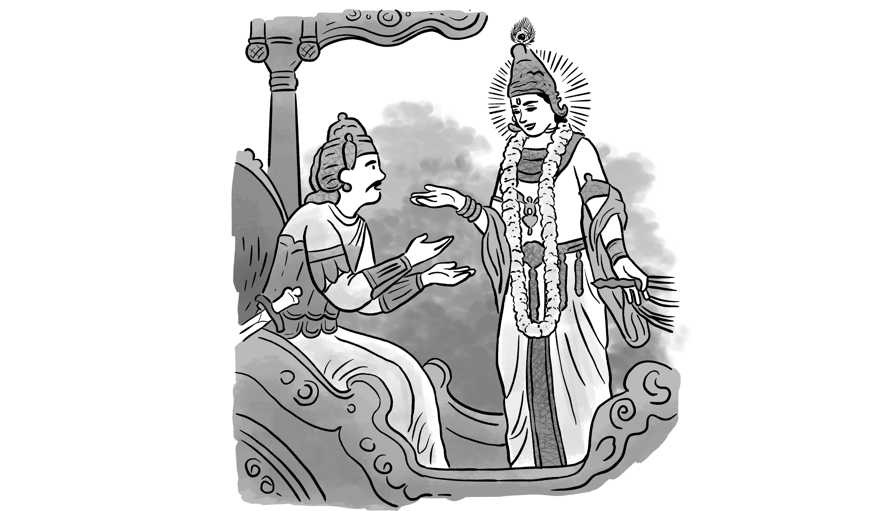In the recent past, the broadband waves have been flooded with speculations of the possible demise of the CIO as a role. In this blog, we examine this phenomenon.
In Part 3, Chapter 2, of Anti-Dühring, Friedrich Engels says, “The interference of the state power in social relations becomes superfluous in one sphere after another, and then ceases of itself. The government of persons is replaced by the administration of things and the direction of the processes of production. The state is not ‘abolished’, it withers away.”
Rephrasing this this in the IT context we get, “The need of CIOs and IT departments in business strategy and processes becomes superfluous in one sphere after another, and then ceases of itself. As IT becomes more and more integral with business, decisions on IT are more likely to be taken by business leaders and the CEO. The IT department is replaced by integral It processes within each business. The role of the CIO is not ‘abolished’, it withers away.”
There are various reasons why the CIO’s role is withering away
- Technology is getting integrated into businesses and leaders of business groups feel that they know more of what is needed than the CIO. This means that a lot of the decisions regarding IT needs are taken in the business groups.
- The cloud. The cloud is doing away with the need to maintain large data centres – the maintaining of which was one of the key functions of the IT group.
- Infrastructure as code – Added to the above, the ability to “code” your infrastructure needs in the cloud.
- Application and Apps on tap – Applications are available on tap. No need to code them or deploy them or maintain them. Also, this makes it easy for business departments to get what they want without the need for a large department that can interpret the user’s needs.
- High scale offshoring. These days offshore organisations are offering services at the higher end of the spectrum, rather than just the coding end. This effectively means that the offshoring organisations are talking more and more directly to users.
The reality is that, like all roles, the CIO role is also evolving to suit the changing environment. If it does not do that it will die.
Some interesting articles I read on this subject are given below.
https://www.marketingweek.com/2014/05/30/the-chief-digital-officer-role-is-dead-good-riddance/
http://www.computerweekly.com/opinion/The-digital-CIO-The-CIO-is-dead-Long-live-the-CIO
http://www.techrepublic.com/blog/cio-insights/why-the-traditional-cio-role-is-withering-away/
https://adeptia.com/blog/chief-information-officer-dead-long-live-chief-integration-officer
https://www.linkedin.com/pulse/cio-dead-long-live-smart-simon-moore
http://diginomica.com/2014/12/08/cio-dead-long-live-cio/
http://www.computerworld.com/article/3019768/it-management/evolution-of-the-cio-the-real-story.html
If you are a CIO, wish you a long life ahead.





